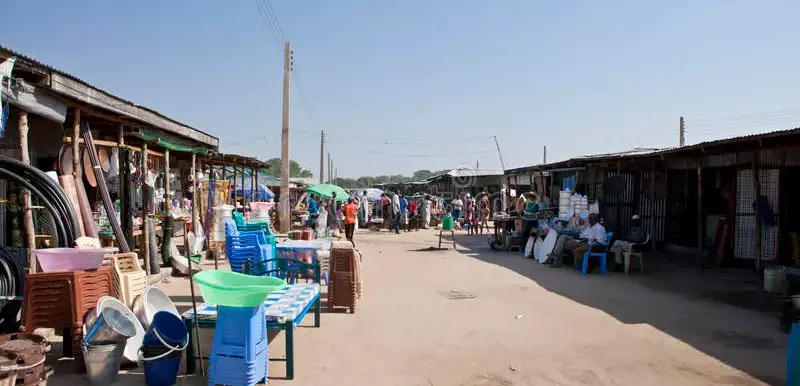Several residents of Jonglei State capital, Bor town, have decried the rising prices of basic commodities amidst the country’s runaway inflation.
Speaking to Radio Tamazuj, they said life is becoming unbearable as they cannot afford to buy basic needs due to the prevailing market prices.
From a spot-check across the town, a 10 kg bag of maize flour sells at SSP 8,000, and a 5 liter of cooking oil trades at SSP 7,500 compared up from SSP 6,000 and SSP 5,500 two months ago respectively.
One Bor resident, Achol Mawei said she hardly afford basic goods.
“A big sack of maize flour costs more than SSP 40,000 and even that of charcoal which is locally produced goes for SSP 8,000 SSP. Okay, how would we survive in this country? Some of us earn only about SSP 1,500 daily by brewing tea. This issue of skyrocketing prices should be looked into,” she said.
Another resident, John Bior also decried the rise in commodity prices and called on the government to work with the business community to reduce the prices of essential goods.
Meanwhile, Jok Kuach Gur, a trader in Bor said the cost incurred while transporting goods contributes to the high prices.
“A lot of taxes are levied on us by the national government. On reaching Bor, the local government also charges xes and license fees which go for up to SSP 150,000 for a retail business plus loading and offloading costs and that of getting dollars. So, as a business, all these costs are reflected in prices,” he said. “Government can help reduce prices by stopping multiple taxes and cheaply avail us dollars.”
For his part, Gatluak Tuony Jany, the deputy head of the state chamber of commerce, admitted the prices are on the rise but that they are unable to intervene.
“There is no agency that transports goods to Bor. Every trader acts on their incurring expenses while transporting goods. The dollar is fluctuating. All these make price-fixing difficult. If the government can subsidize hard currency for traders and hire or support agencies to import goods, this could help stabilize prices,” he said. “Tax is another factor and we are engaging relevant agencies on this.”
Since the outbreak of war in 2013, the South Sudan Pound has continued to significantly lose value against the US dollar forcing the prices of goods and services to skyrocket without any intervention from the government.




